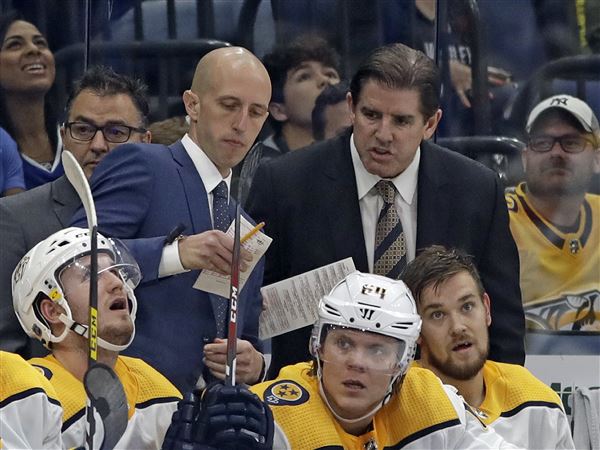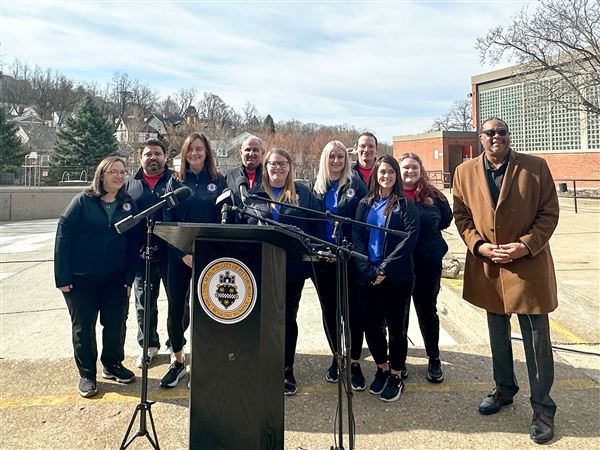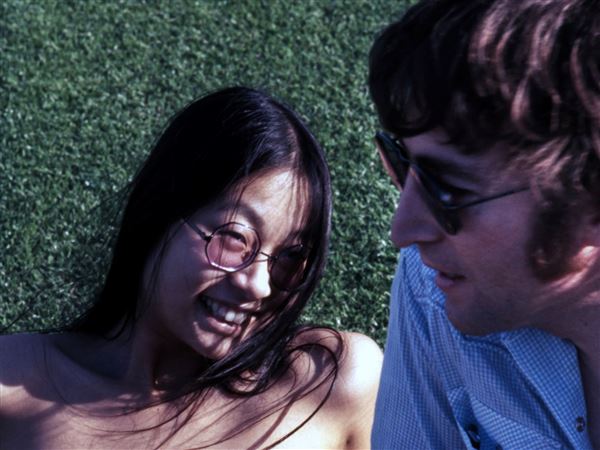It can sneak up on you, International Vulture Awareness Day, but you still have until Saturday if you want to buy a card or plan a party.
I mention this because it can't be a coincidence that the first vulture celebration arrives just as the Pirates are setting the all-time professional sports record for consecutive losing seasons. Could it?
Perhaps I should begin by quoting this news release from the National Aviary, just a half-mile as the buzzard flies from PNC Park:
"The slow spiraling flight of vultures is one of nature's most universal symbols of death. In recent years, the sight of these massive scavengers circling has taken on an additional meaning -- signaling one of the world's greatest wildlife catastrophes."
Vultures once numbered in the tens of millions in south Asia and India, but have seen declines of 95 to 99 percent and could be extinct within the next 10 years.
So why does that matter?
Cattle are revered in India and historically have been taken to the outskirts of a city or town after death. Vultures swooping in to devour the carcass prevented disease by getting rid of the rotting flesh. But a non-steroid, anti-inflammatory drug meant to keep cattle healthy has been toxic to the big birds that eat the dead cows. Wild dogs have moved in to take the vultures' place. The dogs raise the threat of rabies and other diseases, among animals and people.
These big-shouldered birds never got much respect, especially in the first place that most Americans became aware of them. I am speaking, of course, of Bugs Bunny cartoons. But Erin Estell, assistant director of animal programs at the aviary, said, "We'd be in a world of hurt without them. I would not want to live in a world without vultures."
The vultures at the aviary are protected, of course. On Tuesday, I was led into a big back room and shown Sirabi. She's a 4-year-old black vulture native to this area that a woman in Ohio tried to keep as a pet, which is both illegal and dumb. The aviary has had her -- the vulture, not the woman -- for about three years. Sirabi thinks people are vultures now, and so can't return to the wild, where she'd be walking up to people in parks looking for anything dead they might have.
We walked outside to check on the Andean condors. They've been in a big cage beside a footpath on the east side of the aviary for at least the 18 years I've lived on the North Side. The pair has bred a couple of times in roughly the past five years, and the chicks have been returned to the mountains of Colombia, to buttress the population there, Ms. Estell said.
Condors are closely related to vultures; their diet is "all dead stuff all the time," Ms. Estell said. After we walked to the edge of the cage, the male, Rodan, named for one of Godzilla's rival monsters, stood as tall as he could and began spreading his wings, a mating display for his mate, Leoni. She seemed to dig it.
The aviary also has four hooded vultures from Africa, which look a bit more like the vultures in the cartoons. Their featherless, bald heads make it easier for them to clean up after driving their beaks into goopy carcasses; the sun bakes away the bacteria. On Wednesday morning, I returned to watch these toothpick-beaked birds fly outside and grab some meat that aviary workers had left by some cattle bones for the daily free-flight bird show.
Fun? You betcha!
I think of the Pirates when I think of vultures for a couple of reasons. First, I'm reminded that back in May 2003, Mark Schuster of Crafton and I went up to the West End Overlook with his duffel bag filled with Pirates memorabilia because he was convinced that would end the Pirates losing streak, then in its 11th year.
Mr. Schuster broke out his Roberto Clemente commemorative plate, his "City of Champions" ballcap and his program from Willie Stargell Day in 1982, but when we looked to the skies for a sign, all we saw were turkey vultures.
When one looks to the animal world, however, it all makes sense. Every creature has its role in the natural order as surely as the Pirates have one in the Pittsburgh sports pantheon.
The Pirates are the penance we pay for the Steelers and Penguins. Super Bowl and Stanley Cup victories come at the price of 17 consecutive losing summers. That is how it must be. We need both thrills and disappointments to stay in touch with reality. It all shapes us, makes us more interesting and complete.
Not every bird can be a swan.
First Published: September 3, 2009, 4:00 a.m.
















